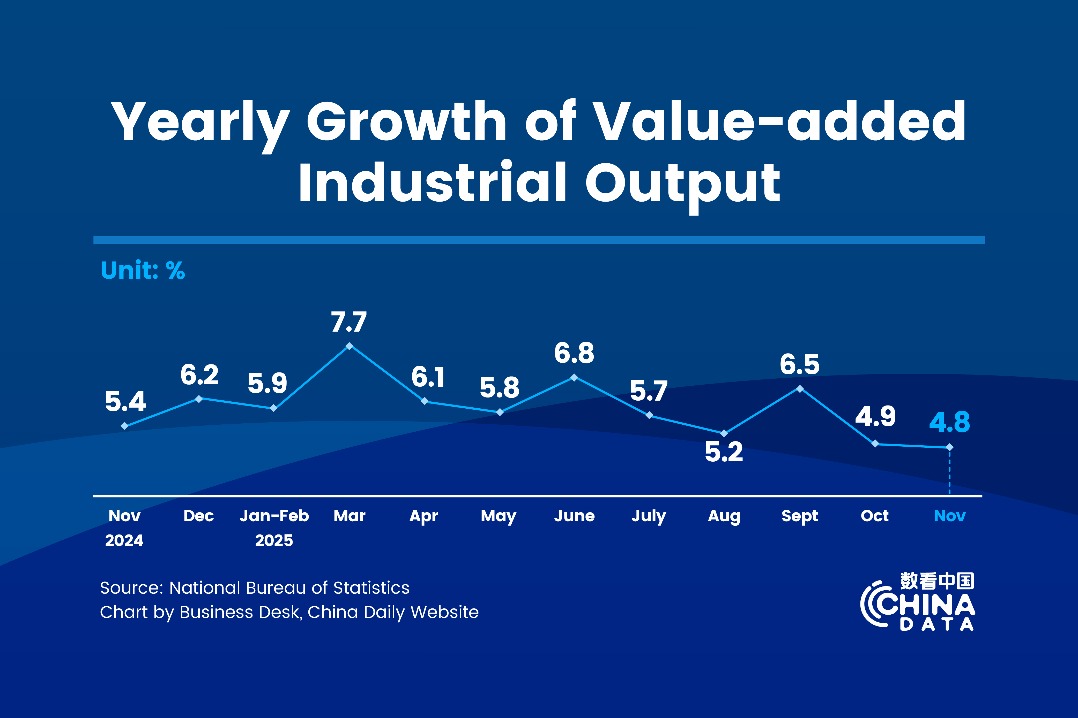Extend key linkages for RCEP members


Local governments and friendship cities of the Regional Comprehensive Economic Partnership member countries must speed up steps to boost cooperation in industrial and supply chains to help private companies, especially micro, small and medium-sized enterprises, officials and experts said on Friday.
"Local governments and friendship cities of RCEP member countries should further promote the integration of industrial chains and supply chains, strengthen convenience and efficiency of trade and investment among regions, and explore more international economic and trade opportunities among local governments, industries and enterprises," said Wang Qingxian, governor of Anhui province. "RCEP's scale and foundation determine that its influence will be global, inclusive and open."
Wang also said that local governments and friendship cities of RCEP member countries should make better use of the role of an effective market and responsible government to seize such opportunities.
The sectors for potential cooperation, he said, include the new generation of information technology, artificial intelligence, new materials, new energy vehicles, high-end equipment manufacturing, smart home appliances as well as medical and healthcare.
The RCEP is open and has developed in line with globalization, said Zheng Yongnian, a researcher at the Chinese University of Hong Kong (Shenzhen).
"Through such cooperation, China and other RCEP member countries can promote the effective allocation of economic factors on a larger scale for more common development," Zheng said.
They made the remarks at the 2023 RCEP Local Governments and Friendship Cities Cooperation (Huangshan) Forum that kicked off in Huangshan, East China's Anhui province, on Friday.
The Huangshan forum aims to facilitate cooperation and business opportunities among the governments of RCEP member countries, and has attracted more than 500 government officials, scholars and multinational executives, both from home and abroad.
RCEP agreement came into force in the Philippines earlier this month.
To promote RCEP's benefits among the private sector, Kao Kim Hourn, secretary-general of the Association of Southeast Asian nations, said it is necessary to drive more liberalized rules and simplified Customs procedures to help private companies, especially MSMEs.
He said via video link that such efforts will drive MSMEs to participate more actively in the global value chains, and more private firms to expand trade and cooperation under the RCEP.
However, greater efforts are needed to drive digitalization and sustainability among RCEP member countries to make it one of the most comprehensive free trade agreements in the world, he added.
Last year, trade between China and other RCEP members increased 7.5 percent year-on-year to 12.95 trillion yuan ($1.82 trillion), and RCEP investment in China climbed 23.1 percent to $23.53 billion, data from China's Ministry of Commerce showed.
At the forum, the 2023 RCEP Huangshan Forum Initiative was formed, which aims to strengthen cooperation among RCEP local governments and friendship cities. The initiative seeks to build platforms to facilitate cooperation in policy, funding and services.
It also vows to support MSMEs among RCEP members to form cooperative alliances in key industries as well as regional industrial and supply chains, to stimulate innovation and entrepreneurship.
Su Qingyi, a research fellow of the Institute of World Economics and Politics at the Chinese Academy of Social Sciences, said: "To some extent, expanding market access and free trade are still critical ways of dealing with the challenges of the global supply chain".
"The development potential of the RCEP regional industrial chain is huge, which will promote the dynamic evolution of the regional industrial chain, and each entity, including local governments and private enterprises, can find their own positions for more shared opportunities," Su said.




































